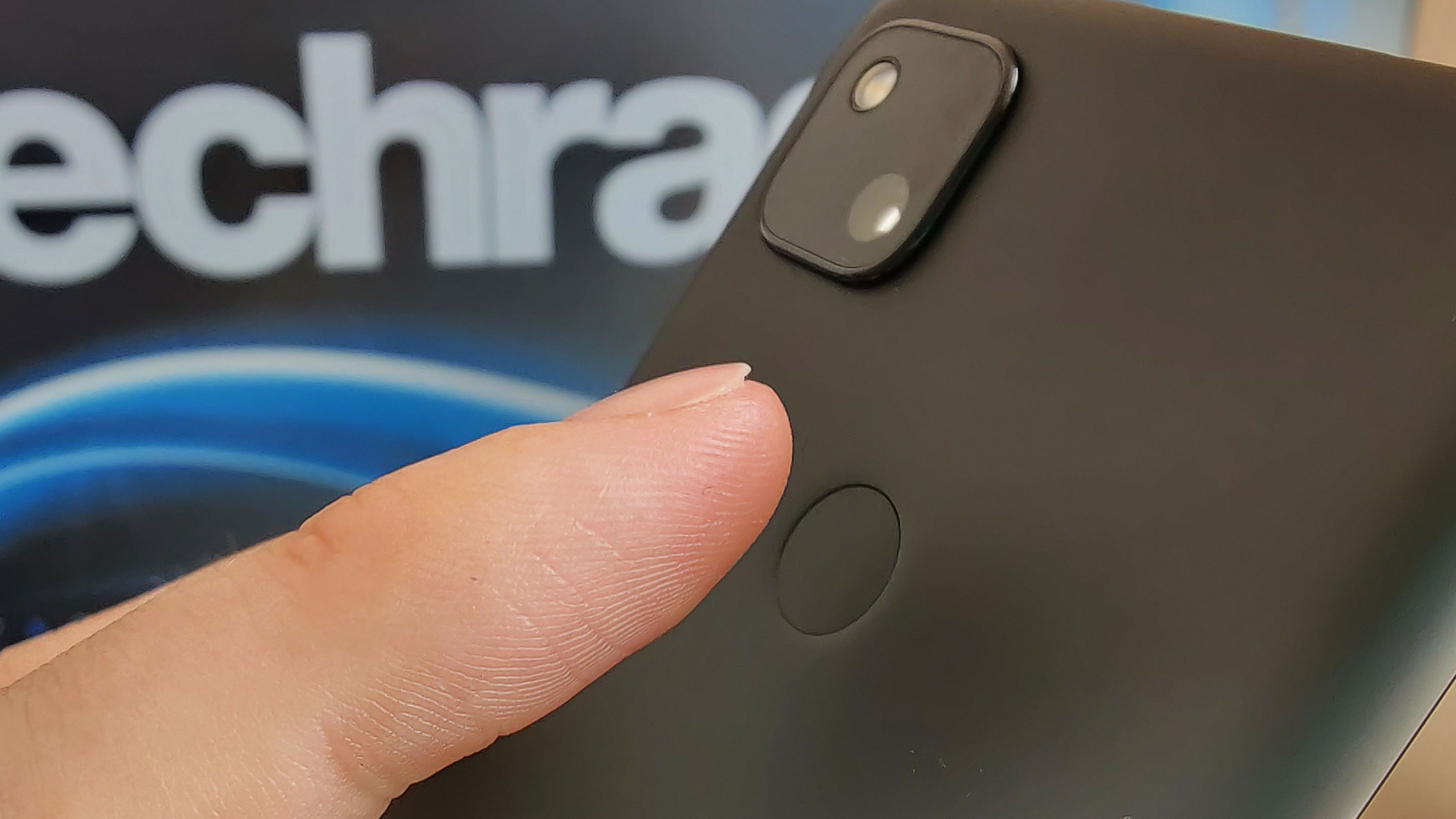Your Google Pixel could track your heart rate with just its rear camera
A new, free feature to track heart and respiratory rate is coming to Pixel phones

There’s a new health monitoring feature coming to Google Pixel phones that’s typically only found in wearables: tracking heart rate and respiratory rate by using the handset’s cameras.
The feature runs through the Google Fit app, so it’s presumably free. It’s coming to all Pixel phones starting in March, but will expand to more Android phones at a later date:
Soon you’ll be able to use Google Fit on Pixel to measure your heart rate and respiratory rate using just your phone’s camera. Learn more about this update, announced at today’s #TheCheckUp event → https://t.co/LAdMOE4oMy pic.twitter.com/Ks5PegyTmoFebruary 4, 2021
Most wearables use skin-touching sensors to measure heart rate. In a way, Google is using phone cameras to do the same by having owners press a finger to a rear-facing camera lens and letting the software track heart rate by monitoring ‘subtle changes in the color of your fingers,’ according to Google’s blog post. To determine respiratory rate, the Google Fit app asks users to prop their camera up to capture their face and upper torso in frame; from there, the camera tracks chest movements.
Pixel phones (and eventually, many other phones) are capable of tracking these human changes – ‘tiny physical signals down to the pixel level,’ as Google’s blog post puts it – thanks to powerful sensors and advances in computer vision. These aren’t substitutes for discrete health-tracking devices and results of their scans aren’t meant to be proper medical diagnostics, but Google hopes they’ll help Google Fit users improve day-to-day wellness.
- Best Pixel phones: from the newest Google Pixel 5 to the venerable original Pixel
- Google Pixel 5 vs Google Pixel 4a 5G vs Google Pixel 4a: which is for you?
- Best Android phones: the top Android-running phones you can buy
Wellness via common tech
It’s hard to believe phone cameras and number-crunching algorithms could ever outperform wearables and medical-grade sensors built exclusively to track conditions, but it’s a start to give users a broad idea of their health before they buy pricier equipment.
But better still is the possibility of bringing health monitoring tools to folks who may not be able to afford that equipment to begin with but already have a phone in their pocket. And given Google simply has to refine their algorithms and factor in all the additional sensors and features coming to phones every year, these features are only going to improve.
Better still, Google noted that its team of researchers, engineers and clinicians are exploring new ways to harness commonly-available sensors to give folks more health information, so we should expect more features like this to come.
Sign up for breaking news, reviews, opinion, top tech deals, and more.
Google announced the feature alongside its February 4 event, The Check Up, which had executives from Google Health and medical professionals discussing the company’s efforts to offer health and wellness tools as well as combat COVID. You can watch the full hour-ish event below:
Via Android Police
- Stay on top of tech news with the TechRadar newsletter

David is now a mobile reporter at Cnet. Formerly Mobile Editor, US for TechRadar, he covered phones, tablets, and wearables. He still thinks the iPhone 4 is the best-looking smartphone ever made. He's most interested in technology, gaming and culture – and where they overlap and change our lives. His current beat explores how our on-the-go existence is affected by new gadgets, carrier coverage expansions, and corporate strategy shifts.